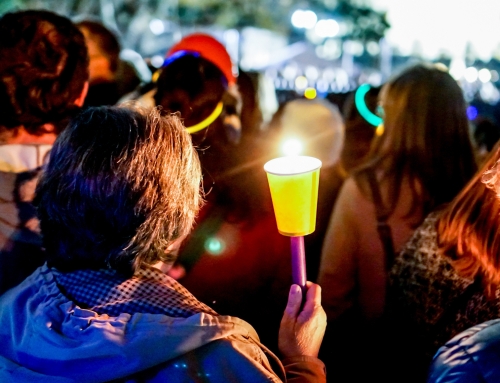Even though the most common term used in the United States for nominating a candidate is called a primary, the election process includes caucuses and primaries. In 2016, voters in America have more access to terminology through the internet, yet the facts may be confusing.
There is more focus on the Iowa Caucus, which is scheduled to occur on Feb. 1, 2016, since it is the first typically held in a presidential election year. There are many states and U.S. territories that have one or more caucuses.
According to the 2016 Election Central website, as of Jan. 8, 2016, there are 25 caucuses being held between Feb. 1 and June 7. Meanwhile, New Hampshire holds the first primary of the election season on Feb. 9, 2016, for a total of 49 primaries between Feb. and June.
Other terms used in the election process include open, closed, and mixed. These delineate whether or not a person can vote outside of the party for which they are registered. In a closed event, if someone is registered as a Republican, he or she is not eligible to be present at a Democratic caucus or vote in the primary. Whereas in an open primary, a voter is not required to declare a party affiliation.
In a mixed system, an individual state’s law permits each major party to choose if they will allow Independents to vote in their respective primaries. In the 2016 primaries, seven states have announced they will use the mixed system. These states include California, Massachusetts, New Hampshire, New Jersey, North Carolina, Rhode Island, and West Virginia.
According to Ballotpedia, the discussions about the terms open, closed, and mixed are ongoing. Criticism for a closed primary is the exclusion of unaffiliated voters, those who are not registered as Democrat or Republican, as they have no opportunity to influence a possible nominee.
What Is a Caucus?
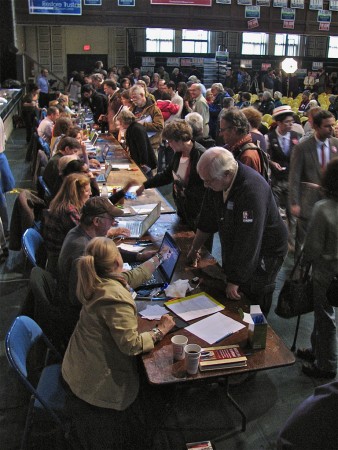
Discussion, politicking, and personality play a large part in the outcome of a caucus. While each state and territory may have different processes for their caucuses, most are held as closed events. Minnesota is the only state that holds open events.
Iowa, for example, not only holds closed caucuses but each party has different rules. Due to holding a caucus, rather than a primary, the state “wields political influence far greater than its size,” according to Reuters. Iowa, which ranks as the 30th most populated state, will have over 1,100 locations for the gatherings.
The Council of Foreign Affairs reports fewer numbers of eligible voters participate in the caucus process since they are more time-consuming than a primary. A political science professor at Emory University, Alan I. Abramowitz, stated, caucus-goers are more likely to be “people who are more educated, affluent, and stronger partisans.”
What Is a Primary?
Basically, a primary takes place using a secret ballot system. A registered voter makes a choice about who they wish to support for nomination and who they want to see on the general election ticket. Their votes are based on personal belief and tallied at the end of the primary process via election officials.
New Hampshire is known for being the first primary held in the nation and claims to be a mixed state. During this state’s primaries, the voters will select delegates to serve at the national conventions. Those delegates select the presidential nominee at the Republican or Democratic National Conventions.
According to the Open Primaries website, “43 percent of New Hampshire voters are registered as undeclared,” as of 2015. New Hampshire only allows voters to participate in the primary for which they are registered. However, the state makes allowances for undeclared voters by permitting same-day registration to those voters.
Caucuses were the norm for most states until the beginning of the 20th Century. This change began when people voiced their opinions that the secret ballot process was a more democratic and fairer way to run elections. Nonetheless, in the 2016 elections, there are still 10 states that hold caucuses, as do the U.S. territories.
By Cathy Milne
Edited by Leigh Haugh
Sources:
2016 Election Central: 2016 Iowa Caucus; Nevada Caucus; Primary Schedule
Reuters: Iowa kicks off 2016 U.S. presidential race with caucus tradition
Council on Foreign Relations: The Caucus System in the U.S. Presidential Nominating Process
Open Primaries Website: New Hampshire
Featured Image Courtesy of Thomas Hawk’s Flickr Page – Creative Commons License
Top Article Image Courtesy of DonkyHotey’s Flickr Page – Creative Commons License
First Inset Image Courtesy of Don Shall’s Flickr Page – Creative Commons License
Second Inset Image Courtesy of nshepard’s Flickr Page – Creative Commons License


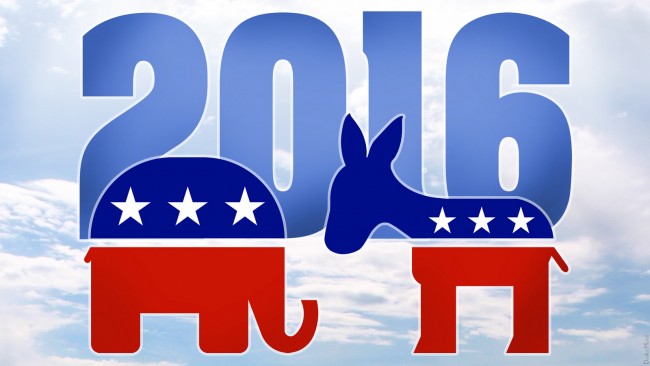

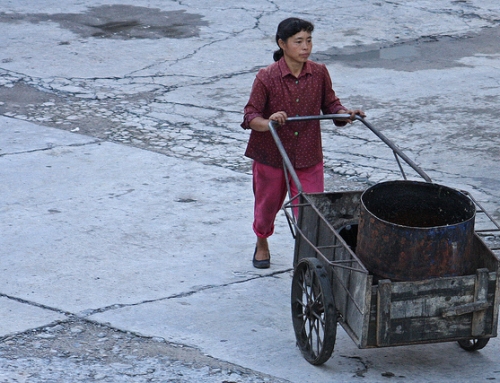
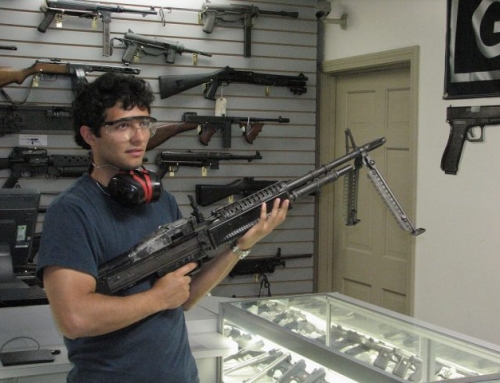
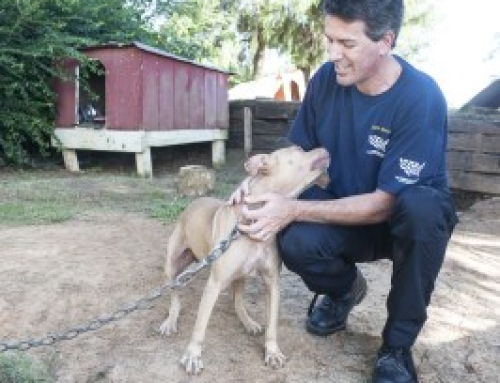
![Adolf Hitler and Donald Trump Similarities Will Lead to What Outcome? [Update]](https://futurepreviews.com/wp-content/uploads/2017/01/Screen-Shot-2017-01-12-at-7.29.12-PM-500x383.png)
